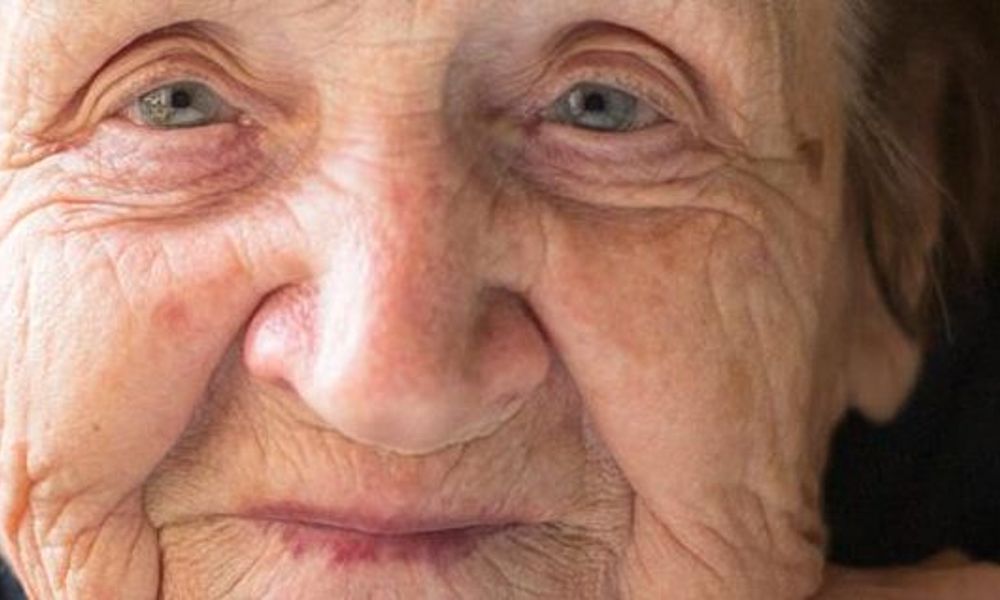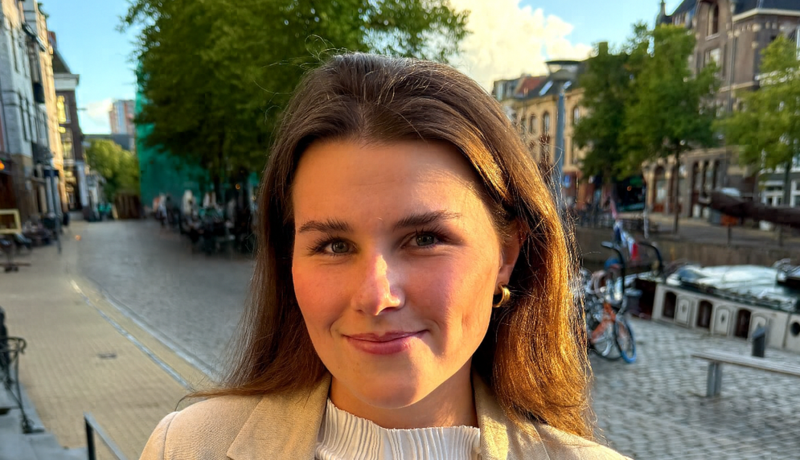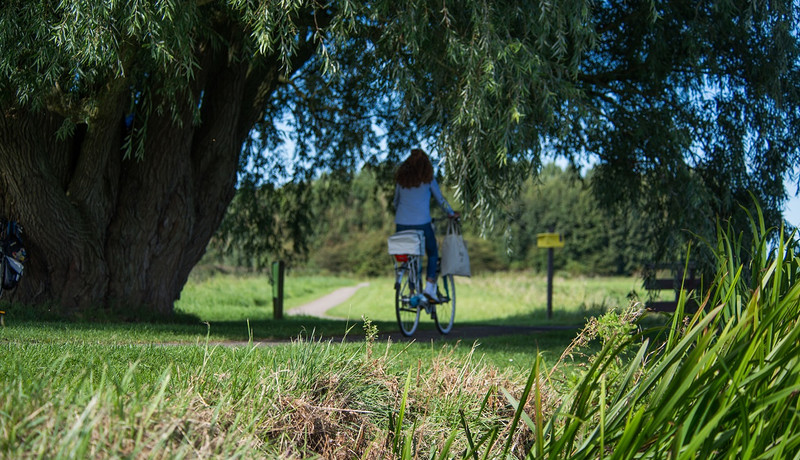
Co-reliance (being there for each other) for families dealing with dementia: a family approach. You don't just get the diagnosis of dementia as a patient, you get it as a family. Not only because practically things have to be organised and done, but also because these types of situations go together with all kinds of feelings and emotions. The question is how does everyone personally deal with these emotions? Are families able to share emotions and speak to each other about the situation? And are they able to tackle the care together?
In this project, dementia case managers are trained to support these processes within families dealing with dementia using care mapping and family conversations.
Incentive
The report of the NIVEL dementia monitor (2018) states that:
- informal carers who live together with someone with dementia feel heavily burdened;
- the retention time among informal carers living with someone with dementia is the lowest (42%);
- among informal carers who live together with someone with dementia, care is shared in less than half of the cases; the care usually comes down to one informal carer;
- in the case of informal carers who live together with someone with dementia, care is much more likely to come down to them alone (in 60% of cases);
- caregivers are more likely to ask family members for help (77%) than their friends (38%) or neighbours (35%).
In addition, a recent report by the SCP (de Boer, Grotendorst & de Klerk, 2019) shows that a large proportion of the relatives of people with dementia indicate that they feel they are on their own.
Research question
In order to ensure optimal care for people with dementia, it is crucial that partners of people with dementia last as long as possible and that family members take joint responsibility for the care of their family member. At the same time, it is known that jointly caring for a family member with a serious condition such as dementia affects family relationships.
Supporting the co-reliance of families requires a systemic approach to care situations. The question for this project is as follows: how and to what extent do interventions such as 'CareMapping' and the Family Conversation contribute to optimal quality of care and support for families who have to deal with dementia.
In this project, the dementia case managers develop knowledge and skills with which they can optimally support the co-reliance of families who have to deal with dementia. The focus is on the caremapping interventions and the family conversation based on the hypothesis that families who have to deal with dementia can benefit from this systemic family approach. At the same time, the project aims to investigate the benefits of CareMapping and the Family Conversation, specifically for families who have to deal with dementia.
Line of research
Within the family care teaching assignment (Hanze University of Applied Sciences), work has been going on for several years on the development and scientific substantiation of the nursing intervention 'the Family Conversation' (Luttik, 2020). In the international scientific literature, this intervention is also called 'Family Nursing Conversation'. These conversations are aimed at:
1) facilitating open communication between the client, his family and healthcare professionals about wishes and expectations regarding the care situation
2) achieving an optimal use of informal and formal care: what can/do you want yourself and where is supplementation of professional care needed?
3) preventing overloading of the family system by paying attention to what happens within a family, in the mutual relationships and the (experienced) burden of the individual family members
CareMapping is a technique that is used before or during the Family Conversation to map the family system.
Research results
A researcher is appointed who performs the evaluation among clients, families and the dementia case managers by means of:
- Interviews with family members
- Analysis of the family conversations (effectiveness of the training and intervention fidelity)
- Focus group meeting and a short questionnaire (measuring competencies) with dementia case managers
Aim
The aim of this research is to gain insight into the results of family conversations for families and for dementia case managers.
Impact
The hypothesis is that families supported by a case manager using Care Mapping and the Family Conversation will:
- be able to discuss the care situation with each other;
- have a better overview of the care situation (who is involved and who does what);
- feel supported (both client and family);
- experience the care of their family member with dementia as a joint responsibility;
- experience that they as a family as well as the family member with dementia receive care that suits their situation.
Valorisation
The current project fits in seamlessly with the vision and principles of the Netwerk Dementie Fryslân (NDF), which makes it possible to safeguard and structurally embed the outcomes of this project. For further assurance and implementation, a number of specific activities have been included:
- In addition to the 15 dementia case managers who receive the intensive three-day training, the other 30 case managers receive a training day (provided by the Family Care research group, Hanze University of Applied Sciences Groningen).
- Subsequently, one case manager per organization is appointed to guide his/her team in further implementation in daily practice. In practice, these five dementia case managers can support and guide their colleagues through supervision or intervision. This way the knowledge is shared and secured within the team. To this end, they are supported by the Family Care Research Group in the form of a short 'train-the-trainer' trajectory (two afternoons).
- Lastly, the NDF has set up a talent group 'Family Care'. This talent group Family Care consists of a number of dementia case managers from various home care organisations and will be (partly) responsible for securing the outcomes of this project in the policy and organisation of the participating home care organisations.
Funding
The project is financially supported by Stichting de Friesland.
Feedback component
How satisfied are you with the information on this page?






